The Estonian higher education system comprises three cycles, following the Bachelor-Master-PhD model of the European Higher Education Area.
Applied (professional) higher education is higher education of the first cycle, the purpose of which is to deepen general educational knowledge, acquire the basic knowledge and skills of the field as well as knowledge, skills and attitudes required for employment in a specific profession and master’s studies. The nominal duration of studies is 180–240 credits and the standard duration of the study programme is three to four academic years. The workload of midwifery studies is 270 credits, and the standard duration of the study programme is four and a half academic years.
A bachelor’s degree is conferred upon a student who has completed studies in applied higher education and the qualification gives access to master’s programmes.
Applied higher education in Estonia is equivalent to a bachelor’s degree but stands out for its strong focus on practical learning. Students engage in the world of work already during their studies, with practical training making up at least 15% of the curriculum. Many lecturers are leading professionals and experienced practitioners in their fields, ensuring that teaching is closely aligned with real-world needs.
From the 2024/2025 academic year, amendments to the Higher Education Act came into effect. These changes clarify the principles for covering study costs, with the goal of expanding access to free higher education for first-time applicants. At the same time, the updated legislation encourages students to make responsible choices when selecting their study programme.
A diploma from an applied higher education programme provides eligibility to apply for master’s studies.Master’s programmes are second-cycle higher education programmes. At the master’s level, student deepens their knowledge and skills of the specialisation and acquires knowledge, skills and attitudes required for employment, independent work and doctoral studies. The workload of master’s studies is 60–120 credits and the standard duration of the study programme is one to two academic years.
Estonian qualifications have been arranged and can be compared in the Estonian Qualifications Framework. The Estonian Qualifications Framework consists of eight levels and covers both formal education as well as professional qualifications. The descriptions of levels of the Qualifications Framework determine general requirements for learning outcomes of the education system and for professional levels of the professional qualifications system.

